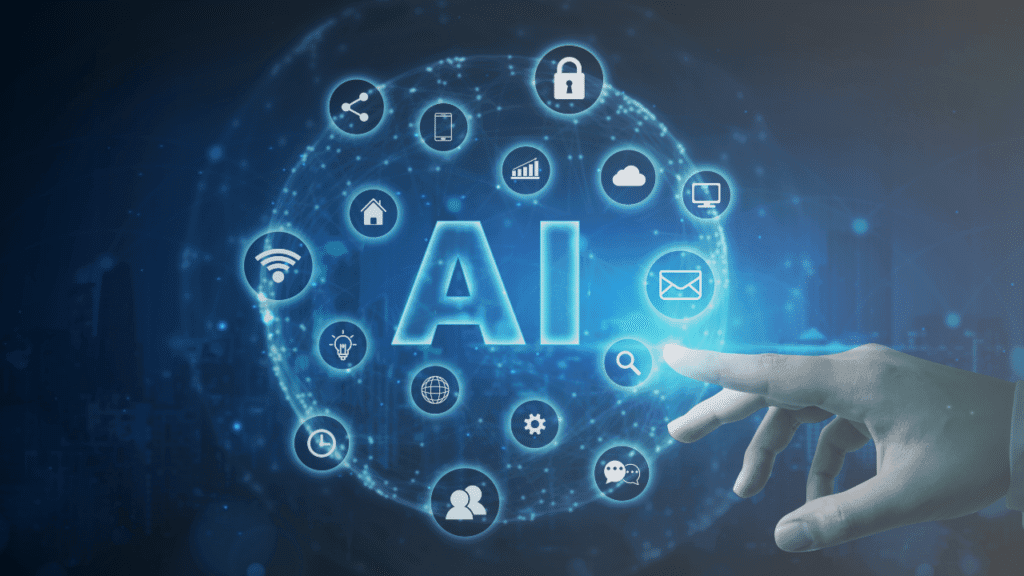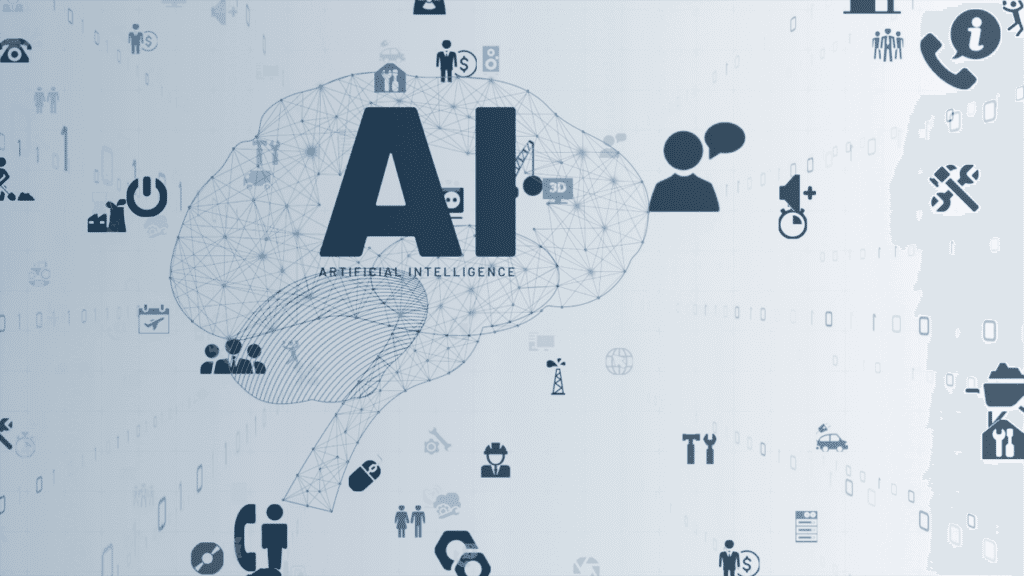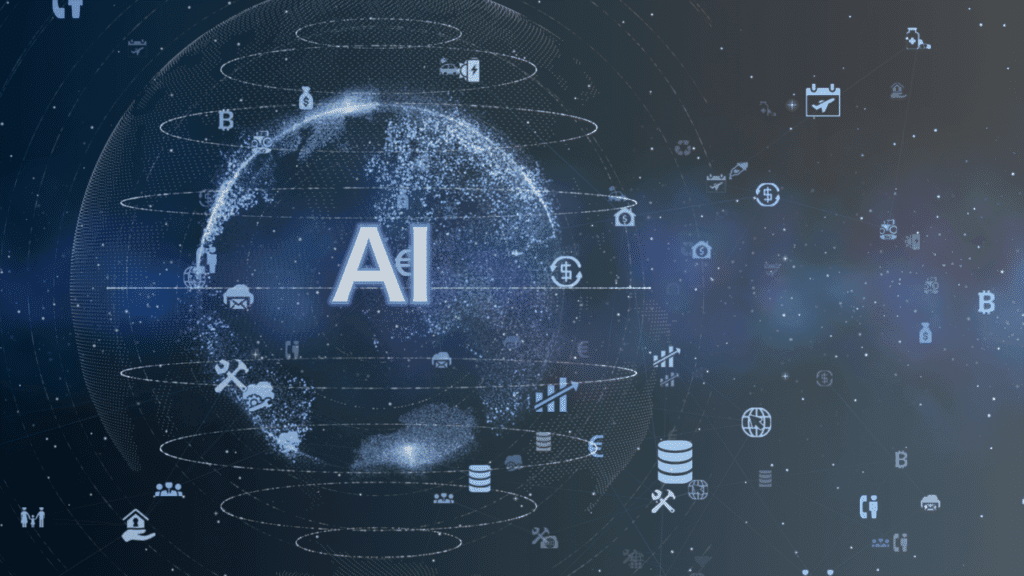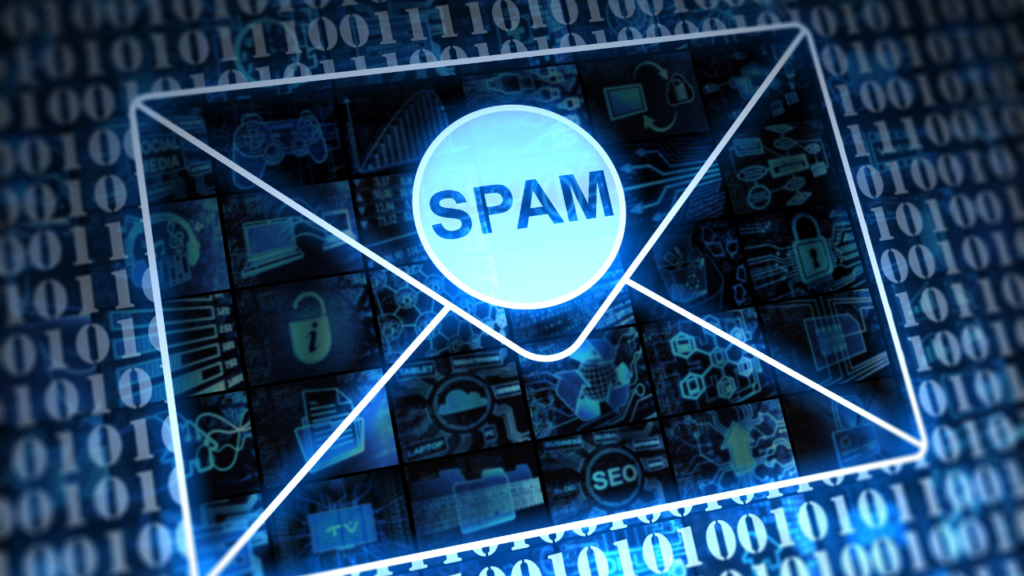AI technologies are set to revolutionize email marketing by 2025, enabling you to create hyper-personalized experiences for your audience. With advancements in machine learning, you can analyze customer behaviors and preferences, allowing you to tailor your messages with remarkable precision. However, navigating this landscape also comes with challenges like data privacy concerns and the potential for over-reliance on automation, which may backfire if not managed wisely. By staying informed and employing AI judiciously, you can leverage its benefits to enhance your email marketing strategies effectively.

Key Takeaways:
- Advanced Segmentation: AI will enable marketers to create highly detailed customer segments, tailoring content that resonates with individual preferences and behaviors.
- Predictive Analytics: Using AI-driven insights, businesses can anticipate customer needs and trends, allowing for proactive email campaigns that enhance engagement and conversion rates.
- Dynamic Content: Emails will feature real-time personalized content adjustments based on user interactions, resulting in a more immersive and relevant experience for recipients.

The Evolution of AI in Email Marketing
While traditional email marketing relied heavily on manual segmentation and generic messaging, the evolution of AI has transformed this landscape by enabling hyper-targeted campaigns and real-time analytics. You can now harness machine learning algorithms to predict customer behavior, personalize content, and optimize send times, resulting in higher engagement and conversion rates.
Historical Context
Beside the advancements in technology, the journey of AI in email marketing traces back to the early 2000s, when basic automation tools began to emerge. Initially, these tools helped marketers schedule sends and segment lists, laying the groundwork for more sophisticated personalization techniques to come.
Current Trends
Against a backdrop of growing consumer expectations, AI-powered tools now play an necessary role in email marketing strategies. You are likely to encounter features such as predictive analytics, which enhance your target audience’s understanding, and dynamic content that adapts to individual preferences for a more engaging experience.
Considering the current trends, AI is shaping the future of email marketing in significant ways. You’ll find that automated content generation is enhancing personalization like never before, allowing for tailored messages based on user interactions and preferences. Additionally, predictive analytics are becoming vital in refining your campaigns, helping you to anticipate customer needs and improve ROI. In contrast, the rise of AI-driven data privacy regulations necessitates a careful approach to ensure compliance, which could present challenges for your strategies. Embracing these advancements will enable you to stay competitive in an ever-evolving digital landscape.
Understanding Personalization
Assuming you’re keen to enhance your email marketing strategy, understanding the intricacies of personalization is key. Personalization allows you to tailor your content specifically to each recipient, making your messages more relevant and engaging. By leveraging data to address individual preferences and behaviors, you can foster stronger connections with your audience, ultimately boosting engagement and conversion rates.
What is AI Personalization?
Below, AI personalization refers to the use of artificial intelligence to analyze customer data and craft personalized content in real time. This process involves learning from user interactions and behaviors to predict preferences, enabling you to deliver highly targeted emails that resonate with your audience. The result is a more engaging and effective communication strategy that nurtures your customer relationships.
Benefits of Personalization in Marketing
An effective personalization strategy can significantly improve your email marketing results. By delivering relevant content tailored to your audience’s interests, you can increase open and click-through rates. You’ll see a better return on investment, as engaging emails reduce the likelihood of unsubscribes. Advanced personalization builds trust and fosters loyalty, making customers more likely to engage with your brand.
Plus, the advantages of personalization extend beyond mere statistics. It fosters a sense of connection with your audience and creates a more enjoyable experience. When you demonstrate an understanding of their needs, your customers are more likely to trust your brand. This leads to higher customer satisfaction and ultimately, increased sales. It’s necessary to recognize that carefully crafted personalized messages can make your emails stand out in crowded inboxes, improving your overall marketing effectiveness.

Key AI Technologies Driving Personalization
Now, AI technologies are reshaping email marketing by enabling unparalleled levels of personalization. By leveraging advanced algorithms, marketers can curate tailored content that meets individual preferences, ensuring a more engaging user experience. These technologies not only analyze consumer behavior but also predict future trends to optimize your email campaigns for maximum impact in 2025.
Machine Learning Algorithms
Before venturing into AI-driven email marketing, let’s explore how machine learning algorithms analyze large datasets to uncover patterns in consumer behavior. These algorithms refine targeting strategies, enabling you to segment your audience more effectively and tailor your messages accordingly, enhancing engagement and conversion rates.
Natural Language Processing
Around the evolution of AI, Natural Language Processing (NLP) has emerged as a game-changer in understanding customer sentiment and crafting personalized communications. This technology allows you to analyze the language used by your audience, leading to insights that guide content creation for more relevant email marketing strategies.
To take full advantage of NLP, you need to embrace its ability to interpret nuances in human language, enhancing your emails’ emotional resonance. By analyzing customer feedback and social media interactions, NLP can help you uncover key topics and preferences that resonate with your audience. This will enable you to personalize your email content effectively, thereby boosting engagement and fostering strong customer relationships. With NLP, you can also automate responses and streamline your communication strategies, making your efforts even more efficient and impactful.
Strategies for Implementing AI Personalization in Email Marketing
Not all email marketing strategies are created equal. To truly leverage AI personalization, you must integrate data-driven approaches that enable your campaigns to resonate with your audience. This entails utilizing advanced AI technologies that allow you to predict customer behavior, automate responses, and tailor content to meet individual preferences, thereby optimizing engagement and conversions.
Data Collection and Analysis
Between various data sources, you can gather invaluable insights that inform your email marketing strategies. Utilizing AI tools, you can analyze customer interactions, preferences, and engagement patterns across multiple channels. This analysis allows you to generate actionable data that directly informs personalized content creation and enhances the overall relevance of your campaigns.
Segmentation and Targeting
Among the most effective strategies for personalization is segmentation and targeting. By dividing your audience into distinct groups based on behavior, preferences, and demographics, you can create tailored content that speaks directly to their interests. This not only leads to higher engagement rates but also fosters a stronger connection between your brand and your audience.
Also, effective segmentation goes beyond basic demographic information. You can utilize AI algorithms to create micro-segments, enabling you to tailor messages that align with specific customer journeys and preferences. With this level of specificity, you enhance the potential for engagement and conversions. Implementing dynamic content that changes according to the segment will dramatically improve your campaign performance. The key lies in continuously refining your segments based on live data insights to ensure that your targeting remains relevant and effective at all times.
Future Predictions for AI Personalization by 2025
All indications point to a significant evolution in AI personalization for email marketing by 2025. You will witness intelligent algorithms that analyze customer behavior in real-time, delivering highly relevant content that resonates with individual preferences. This means tailored experiences will become the norm, fostering increased engagement and conversion rates as brands harness the full power of data-driven insights.
Emerging Technologies and Innovations
The landscape of AI personalization is set to advance with innovations such as enhanced machine learning models and predictive analytics. You can expect these technologies to provide deeper insights into consumer habits and preferences, shaping more effective strategies that align closely with your audience’s needs. By leveraging natural language processing and sentiment analysis, you will engage customers in a more meaningful way, ultimately driving loyalty and satisfaction.
Anticipated Challenges and Solutions
Along the path toward advanced AI personalization, you may encounter challenges such as data privacy concerns and the complexity of managing vast datasets. However, embracing transparent data practices and stringent compliance measures will help you navigate these hurdles. By investing in robust security protocols and cultivating trust with your audience, you can turn potential setbacks into opportunities for growth and relationship building.
But the journey to mastering AI personalization is not without its obstacles. You will face potential pitfalls, such as increased scrutiny regarding data privacy and the need for sophisticated technology infrastructures. To counter these issues, you can focus on implementing clear data usage policies that foster customer trust while adopting scalable solutions that grow with your needs. Emphasizing the importance of ethical AI use and prioritizing user transparency will help you mitigate risks while enhancing your email marketing strategy.
Case Studies of Successful AI Personalization in Email Marketing
Despite the challenges, many brands have embraced AI personalization in email marketing successfully. Here are some case studies illustrating this progress:
- Amazon – Personalized recommendations led to a 29% boost in revenue from email campaigns.
- Netflix – Utilized viewer preferences to achieve a 75% email open rate.
- eBay – Saw a 20% increase in click-through rates through tailored email content.
- Sephora – Reported a 40% increase in sales after implementing AI-driven email personalization.
- Spotify – Engaged users with customized playlists, resulting in a 50% retention rate.
Brand Examples
To highlight effectiveness, brands like Amazon and Sephora harnessed AI to deliver personalized product recommendations and customer experiences—user engagement skyrocketed, proving that tailored emails resonate more with your audience.
Measurable Outcomes
At the forefront of AI personalization, brands have achieved measurable outcomes that redefine marketing strategies. Personalization led to improved engagement metrics, with brands like Netflix recording open rates upwards of 75% and eBay observing significant click-through surges.
Consequently, by analyzing consumer behavior and preferences, your campaigns can become more effective. Brands utilizing AI have not only boosted their ROI but also experienced a shift in customer relationships, fostering loyalty. With data-driven insights, the transition to AI personalization enables you to target your emails efficiently, maximizing engagement, and ultimately, conversions.
Final Words
The future of email marketing is undoubtedly leaning towards AI personalization, offering you tailored experiences that resonate with your audience. By leveraging AI, you can analyze consumer behavior and preferences to create highly relevant content, thereby enhancing engagement and conversion rates. As you prepare for 2025, staying informed on the innovations in this space will empower your strategies. For deeper insights, check out the Top Trends in the Future of Email Marketing AI for 2025.
Q: How will AI personalization enhance email marketing strategies in 2025?
A: In 2025, AI personalization will significantly enhance email marketing strategies by leveraging advanced machine learning algorithms that analyze user behavior and preferences in real-time. This will enable marketers to craft highly targeted and relevant email campaigns tailored to individual recipients. With the use of predictive analytics, AI will be able to forecast customer needs and send timely emails that resonate with their interests, resulting in higher open and conversion rates. Additionally, AI will automate the process of segmenting audiences, allowing businesses to provide a more personalized experience without the need for extensive manual data analysis.
Q: What are the potential challenges of implementing AI personalization in email marketing?
A: Implementing AI personalization in email marketing comes with its set of challenges. One major hurdle is the need for high-quality data; businesses must ensure they have access to comprehensive, accurate data about their customers to drive effective personalization. Privacy concerns are another critical issue, as consumers are increasingly aware of how their data is used. Marketers must navigate compliance with data protection regulations, such as GDPR, while ensuring they maintain customer trust. Additionally, integrating AI tools with existing marketing technologies may require significant investment and technical expertise, which could be a barrier for some companies.
Q: What key features should we look for in AI tools for effective email personalization in 2025?
A: When selecting AI tools for email personalization in 2025, it’s crucial to look for features that enable deep customer insights and automated personalization capabilities. These include advanced predictive analytics tools that can identify trends and customer behavior patterns, as well as machine learning algorithms that continuously refine and optimize email content based on user interaction. Additionally, look for tools that support dynamic content generation, ensuring that emails can adapt in real-time to the recipient’s preferences. Finally, an intuitive user interface that simplifies the process of creating and managing personalized campaigns will be vital for maximizing the effectiveness of AI in email marketing.




